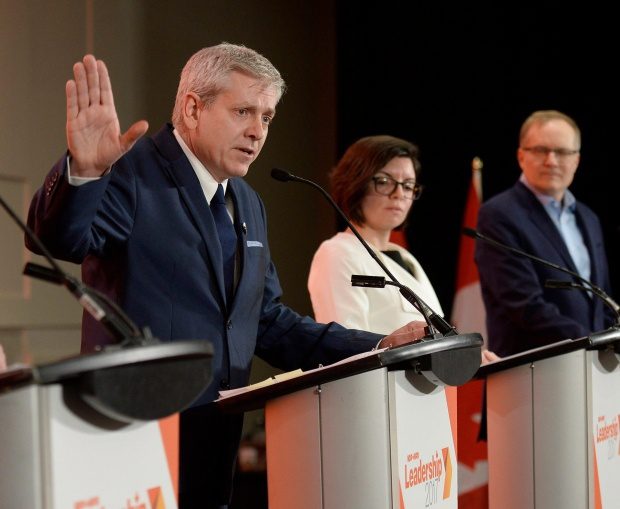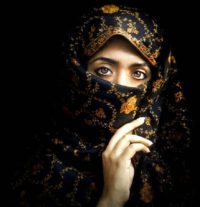There are 124,000 card-carrying, fully signed up New Democrats in Canada. That is a surprisingly healthy number, only a couple thousand less than what it was when the NDP elected Tom Mulcair to become Leader of Her Majesty's Loyal Opposition in 2012.
In 20 days, these 124,000 New Democrats will be able to cast their ballots for their next Leader. Considering that when the race started, there was only 41,000 members left after the heart-breaking 2015 election results and the Edmonton Convention debacle that ensued, this number shows the resilience of the NDP.
The same is true in the public opinion polls. Despite an overstretched, lacklustre, below the media radar leadership race; and despite a prolonged Trudeau honeymoon and continued swanning media coverage, the NDP has consistently been polling in the high-teens, even reaching the 20% bar twice during the dog days of summer.
Only twice has the NDP been better positioned in the polls when selecting a new Leader in 2012 of course, but also in 1989, the NDP had the support of 25% of Canadians when they choose Audrey McLaughlin to succeed Ed Broadbent. When Jack Layton succeeded Alexa McDonough in 2003, the party polled at only 13%.
Things are not as bad as some pundits are saying the reports of the NDP's death are greatly exaggerated. Still, lots of obstacles lay ahead.
Fundraising is a concern so far in the race, all NDP leadership candidates combined have raised less money than the top 4 Conservative leadership contenders took individually, namely Maxime Bernier, Kellie Leitch, Kevin O'Leary and Andrew Scheer.
The membership regional breakdown shows the NDP has some problems in Quebec. With less than 5,000 members, a drop of 7,000 since the Mulcair days, the Quebec wing membership weight stands at only 4%.
This is surprising with 16 Quebec MPs and the second strongest federal political force in Quebec in the polls something New Democrats could only dream of for the first 50 years of the existence of the party.
The lack of membership strength shows that the NDP still does not have very deep roots in Quebec. This is a challenge if the NDP wants a strong organization to maintain its Quebec beachhead in 2019, let alone increase the number of seats.
That said, all political parties in Quebec are having difficulty recruiting members and raising money. The repercussions of the sponsorship scandal, the Gomery and Charbonneau commissions are being felt hard by all politicos: Quebec is the province where it is most difficult to involve people in active politics, at any level.
For NDP leadership candidates, the regional numbers are also indicative of their respective strength as they know how many members they have signed up. Without a strong Quebec regional base, the chances of Guy Caron to win this contest are greatly diminished. With over 10,000 members, Niki Ashton's home province of Manitoba claims the 4th biggest share of the membership. But this number is partly inflated by the provincial NDP leadership race, a race that includes Ashton's dad and a race that has taken a nasty turn recently.
Meanwhile, Jagmeet Singh is boasting that he has signed up more than 47,000 new party members, mostly in the greater Toronto and Vancouver area, where Sikh organizers have been working their communities relentlessly. That leaves 36,000 new members for the other camps, with Angus being seen as the best organized of the rest of the field.
Historically, a little over half the membership casts a ballot in a leadership race. In 2012, Mulcair needed 33,000 votes to seal the deal. If Singh's new members vote en masse, he will be difficult to beat. If only half of them do so, Singh will need to convince at least half of the long-standing members to support him. Recent polls of NDP members are showing that might be a much more difficult task. Singh is trailing every other candidate on that front while Angus is largely ahead.
The name of the game is voter turnout. Let's see who shows up.











